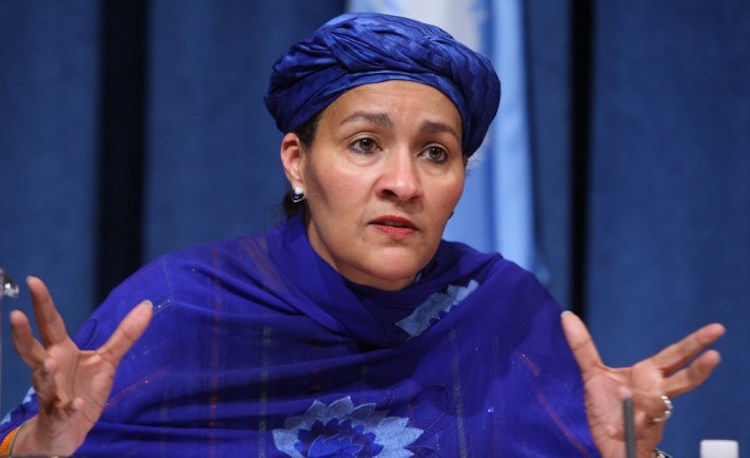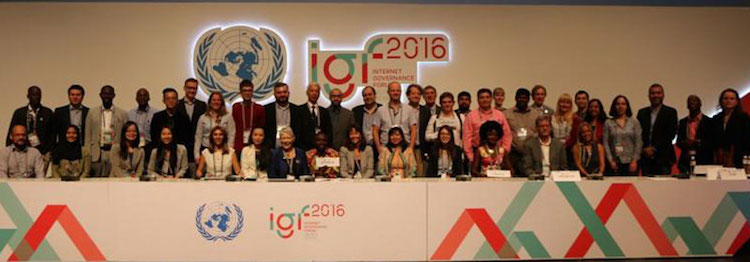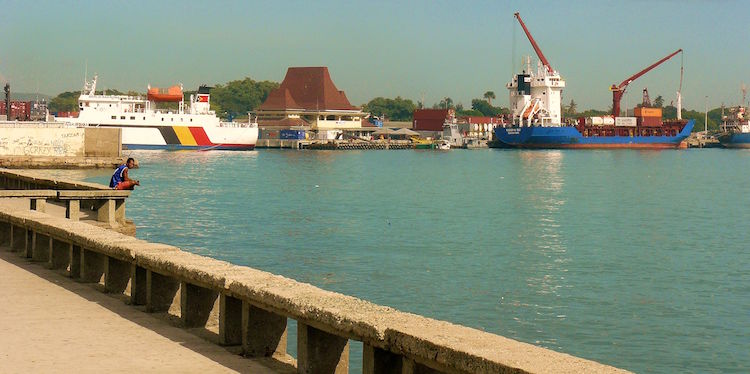By J Nastranis
NEW YORK (IDN) – António Guterres, who was sworn in on December 12 as the new UN Secretary-General, is expected to appoint Nigeria’s Minister of Environment, Amina Mohammed, as his Deputy, according to Nigeria’s Premium Times.
Mohammed had formerly served as an adviser to the outgoing UN Secretary General Ban Ki-Moon. She was appointed minister by President Muhammadu Buhari in November 2015.
Nigeria’s Vanguard stated on December 12: A tweet by Pamela Falk, CBS UN correspondent, obtained by News Agency of Nigeria (NAN), said that the world body would soon release a statement confirming the appointment of the Nigerian Minister of Environment.









